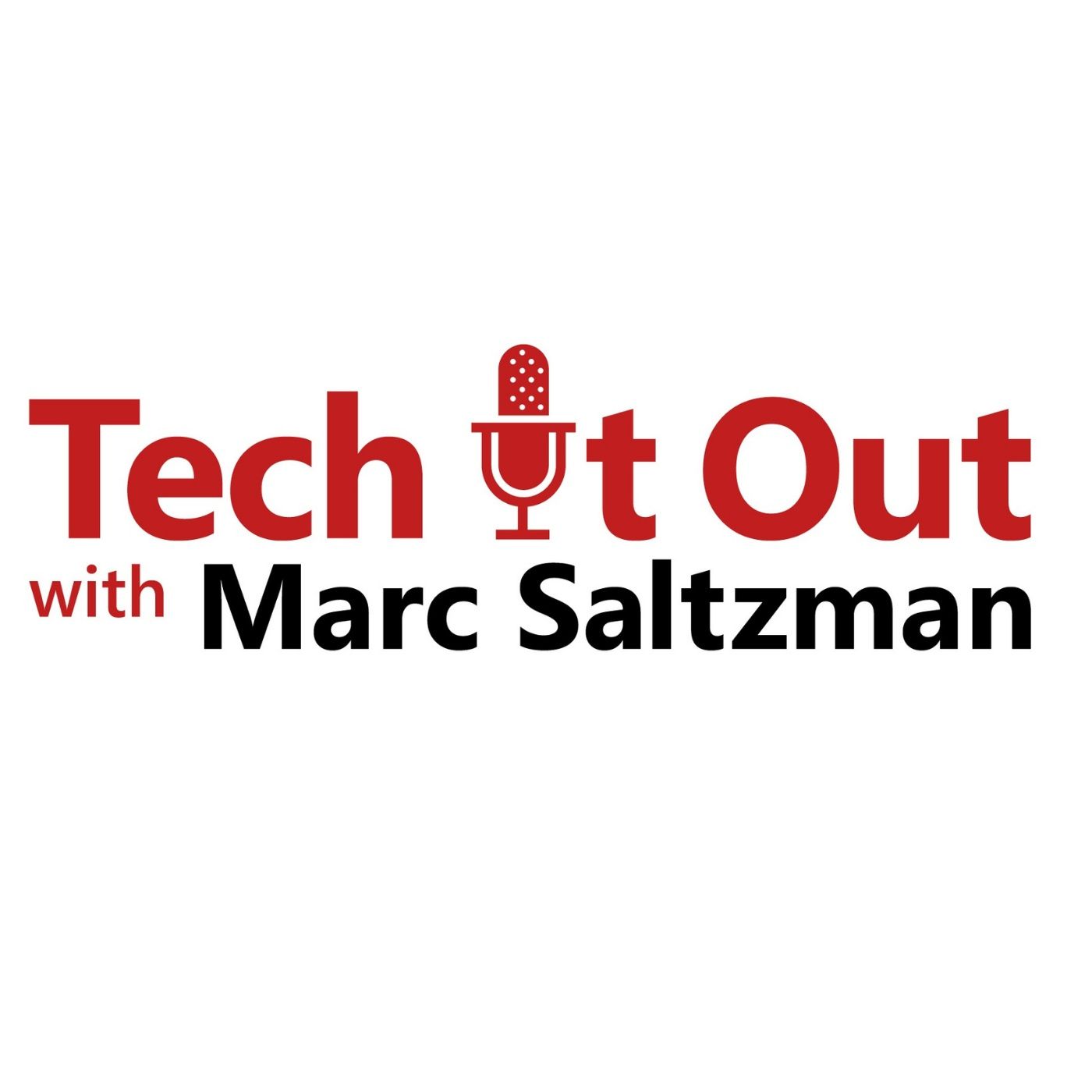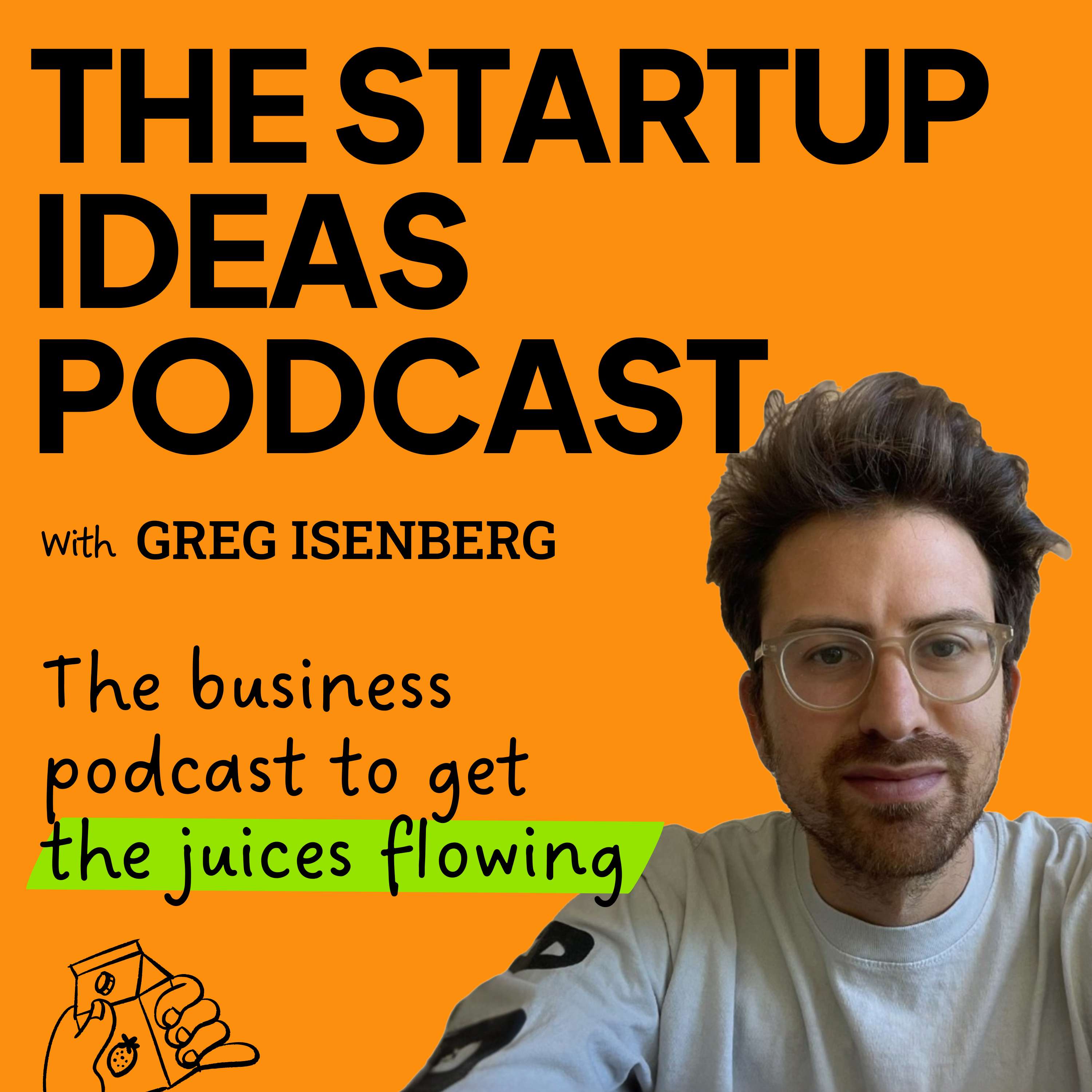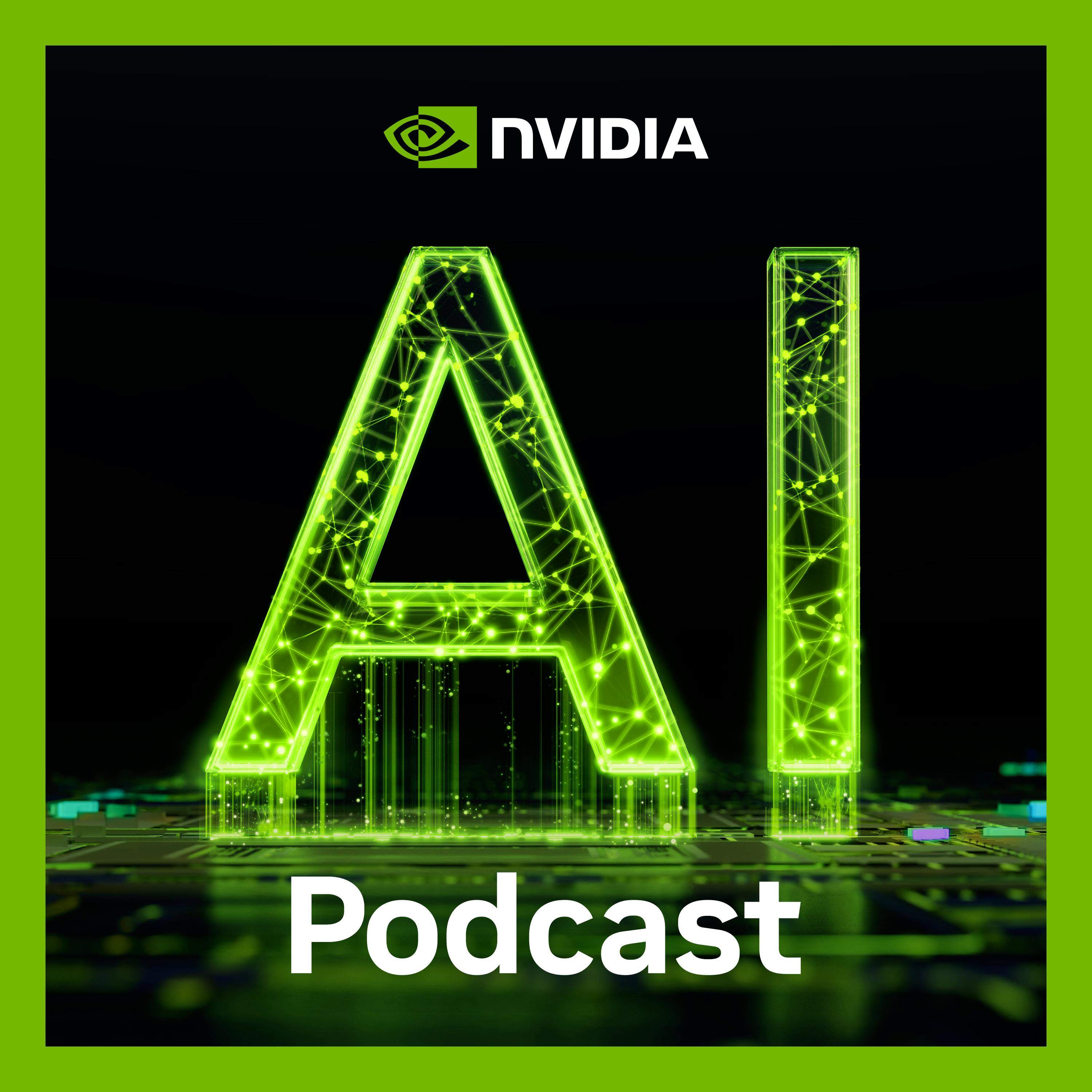
Tech Brewed
Welcome to Tech Brewed, your go-to podcast for the latest in technology products, training, and tips. Whether you're a tech enthusiast or a business professional, our show offers valuable insights into the ever-evolving world of technology.
What We Cover
Home and Business Technology Products
We delve into the latest gadgets and tools that can enhance your home and business environments. From smart home devices to enterprise-level solutions, we keep you updated on the best products for your needs.
Technology Training and Tips
Our episodes are packed with practical advice and training tips to help you maximize your tech investments. Whether you want to improve your cybersecurity or optimize your workflow, we've got you covered.
Creative Technology Software and AI
In today's digital age, creative technology software and artificial intelligence are game-changers. We explore how these innovations transform various industries and offer insights into their practical applications.
Featured Segments
AI and Its Impact
Discover how AI is changing the workplace and driving innovation. Our discussions range from improving audio quality with AI to extending life through advanced technologies.
Practical AI
Our goal is to make artificial intelligence accessible and practical for everyone. We break down complex topics into easy-to-understand segments, ensuring you stay ahead of the curve.
Join us on Tech Brewed for a deep dive into the tech world, where we blend expert knowledge with practical advice to help you navigate the digital landscape. Subscribe now and stay informed on the latest trends and innovations!
Tech Brewed
How Operating Systems Drive Innovation and Shape Our Digital Lives
Greg Doig remembers a time when computers were the domain of experts, and operating systems were little more than bare-bones tools for managing hardware. In those early days, users had to memorize intimidating command-line instructions just to complete basic tasks—a far cry from the intuitive experiences of today. As technology advanced, Greg watched with fascination as these complex interfaces gave way to revolutionary graphical user interfaces, opening up computers to everyone. Over the decades, he has witnessed operating systems evolve from simple mediators to powerful platforms that integrate cloud services, artificial intelligence, and virtual reality. For Greg, the evolution of operating systems isn’t just a byproduct of progress—it has been a driving force, shaping how we interact with technology and with one another.
Subscribe to the weekly tech newsletter at https://gregdoig.com
Welcome to the Tech Tip Podcast with Greg Doig, where we filter out the noise and serve up the week's essential tech news, tips and guides. Today, we're pouring a perfect blend of tech topics and digital innovations that matter to you. Welcome back, tech enthusiasts. I'm your host, Greg Doygan. Today we're diving into something that impacts literally every digital device you interact with daily, but rarely gets the spotlight it deserves. Operating systems. You know, operating systems aren't just software. They're signals of how we'll live and work in the future. Think about it for a second. The story of operating systems is basically the story of our relationship with technology. Remember when computers needed experts just to operate them? I'm talking about those early days when operating systems were just basic tools managing hardware resources. Fast forward to today and we've got these incredible platforms seamlessly integrated with cloud services, AI and virtual reality. OS evolution hasn't just followed our technological progress, it's actively shaped it. I find it fascinating how dramatically operating systems have transformed over the decades. At first they were just these intimidating command line interfaces. Remember those? Some of you do. You'd need to memorize specific commands and almost speak the computer's language just to get anything done. But then, and this was revolutionary, graphical user interfaces came along. Suddenly, computers weren't just for the tech savvy anymore. This shift from typing commands to clicking icons transformed computers from specialized tools into everyday essentials that anyone could use. Now operating systems are literally everywhere, right? They're the invisible backbone holding our digital lives together. They're running on your laptop, your smartphone, your tablet, and even your smart fridge, if you have one. And they're not just managing devices anymore. They're shaping how we communicate, how productive we are, and even how we entertain ourselves. Think about how much your smartphone's OS influences your daily routine. That's not accidental. It's by design. So where is this all heading? I'm convinced operating systems are going to become even more embedded in our lives. With IoT devices multiplying, smart homes becoming the norm, self driving cars hitting the roads, and robots becoming more advanced, we're going to need incredibly robust operating systems to tie everything together. Imagine the complexity of an operating system that needs to manage dozens of devices in your home while ensuring they all work together securely and reliably. That's a challenge. And here's what I'm really excited about. Personalization. The next generation of operating systems won't just be smarter. They'll be tailored specifically to you. As AI and machine learning advance your OS will learn your habits, preferences and routines if you let it picture waking up and your devices already knowing what information you need, what applications you'll use, and how you'll like them configured. Your OS becoming your digital assistant that knows you so well it can anticipate what you need before you even realize it yourself. Kind of mind blowing when you think about it, right? And some people really aren't ready for it yet, and I can understand that. But of course, we can't talk about future operating systems without addressing the elephant in the room security and privacy. As our digital lives become more integrated, the stakes for protecting our data gets higher. I expect we'll see operating systems incorporating increasingly sophisticated security measures, perhaps even leveraging blockchain or quantum encryption. And there's this interesting tread toward decentralization and open source development that might give users more control over their digital environment. Personally, I'm all for that collaborative approach to innovation, but it does require some additional learning. So when we talk about operating systems, we're really talking about much more than just software. They're reflections of our values, our priorities, and our vision for the future. They enable our digital lives while simultaneously shaping them in profound ways. And as we continue redefining how we live and work in this increasingly connected world, our operating systems will evolve right alongside us, not just following our lead, but actively helping create the future we're heading toward. That's all for today's episode. If you enjoyed this look at operating systems and their impact on our digital future, subscribe wherever you listen to your podcasts and keep exploring the tech that shapes our world. This is Greg Doig. I'll talk to you later. Thank you for tuning in to today's episode of Tech Tips with Greg Doig. If you found this information helpful, be sure to subscribe so you never miss future episodes. Remember where we'll continue breaking down complex technology into simple, actionable advice. You can also follow us@gregdoig.com for more tech insights and quick solutions to common tech problems. This has been Tech Tips with Greg Doig, proudly brought to you by wbbi, the Voice of Beaver Island. Until next time, stay curious and keep your technology working for you, not against.
Podcasts we love
Check out these other fine podcasts recommended by us, not an algorithm.

Tech It Out
Radio America
My First Million
Hubspot Media
The Startup Ideas Podcast
Greg Isenberg
Lex Fridman Podcast
Lex Fridman
The Rest Is History
Goalhanger
